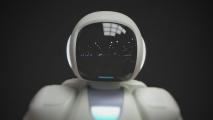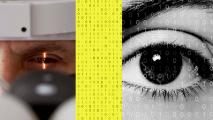How to stop runaway AI
While he doesn’t think this latest crop of generative AI tools necessarily presents a significant threat to humanity, he does think it has helped to open the public’s eyes to the potential risks of more intelligent AI that could be coming in the future.
“They’re giving people now, in a very real sense, what would it be like if we had artificial general intelligence on tap available 24/7 to solve any problem that we might have. And they’re also seeing in a very visceral way that could present real risks,” Russell explained in a recent interview with Freethink.
As Russell argues in his book Human Compatible: Artificial Intelligence and the Problem of Control, we need to be appropriately concerned about the future threat of human-level, artificial general intelligence (AGI) which could pose an existential threat to humanity unless we can ensure that these systems remain aligned with human values and goals.
He contends that the standard approach to designing AI systems — in which machines are programmed to maximize some objective function — is fundamentally flawed because these machines don’t actually understand the world around them in any comprehensive way, a flaw that, in his mind, could lead to unintended and catastrophic failures if it can’t sufficiently anticipate the consequences of its own actions. Instead, he proposes a new approach to AI design in which machines are explicitly programmed to defer to humans in matters of value and to operate within a framework of uncertain and incomplete knowledge. By ensuring that AI systems are “human-compatible” in this way, Russell argues that we can harness the enormous potential of AI while minimizing the risk of catastrophic outcomes.
























